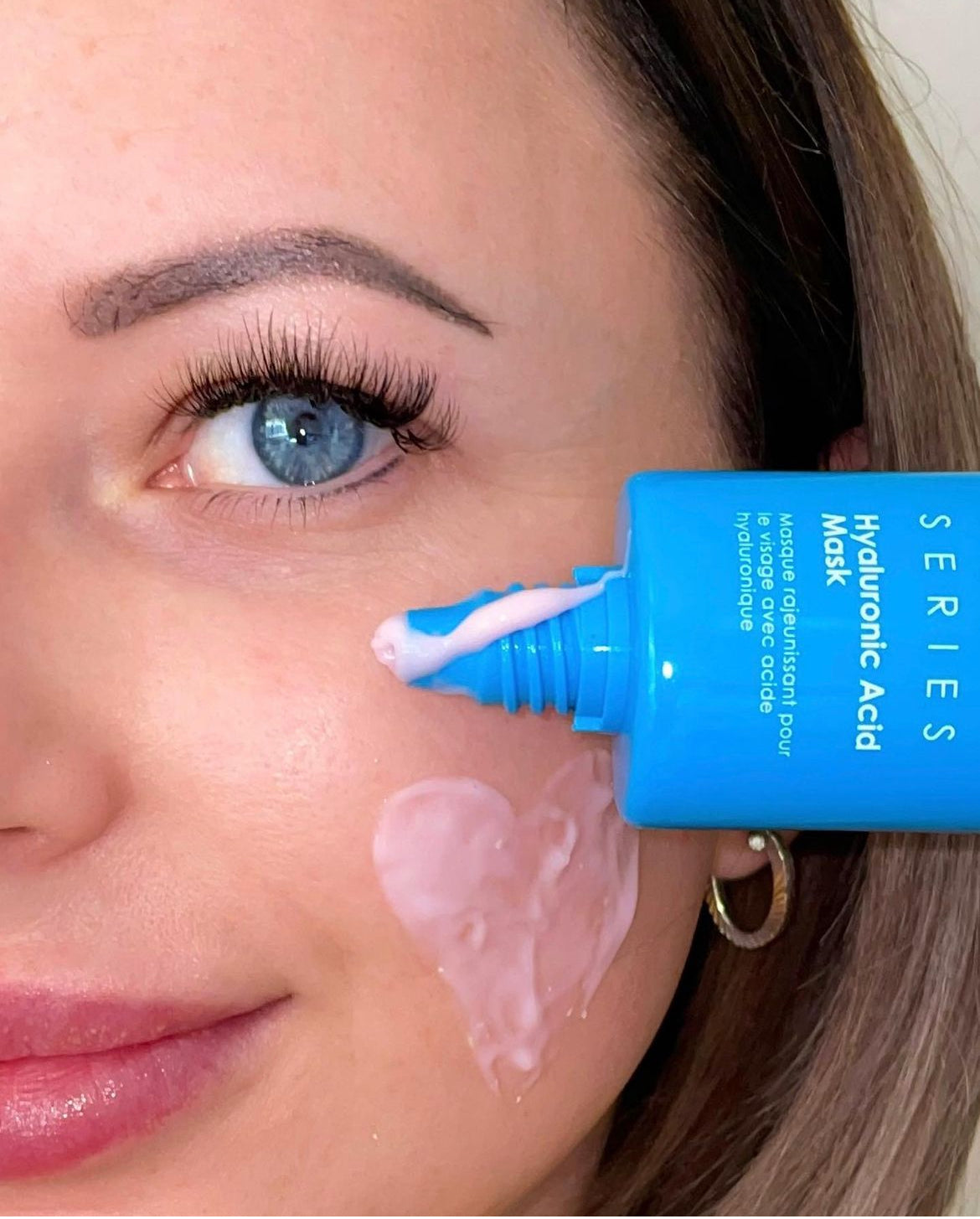
The importance of SPF for your skin
We’re sure that you’re aware of using SPF and sun care for your skin, especially when you’re happily tanning on the beach or relaxing in the park on a warm summer’s day. But, do you know the real reasons why you should be protecting your skin with an SPF daily, and how it prevents damage to your skin?
Our skin works to protect us as much as it can from the harmful ultraviolet rays that come from the sun but even on the days when the sun isn’t shining, our skin is still susceptible to sun damage. Research has shown that approximately 75% of skin damage is due to environmental factors, especially from UV rays but by using an SPF skincare product every day, you can greatly reduce the potentially damaging effects of these rays.
So what is SPF?
SPF stands for Sun Protection Factor. The number that you see with it shows how long the sun’s UV rays will take to redden your skin. It does not refer to the amount of time you can spend in the sun, but rather it is an indication of how much longer it would take ‘untanned’ skin to redden with sunscreen applied in comparison to how long it would do so without application. So, for example, if you use an SPF 30 product properly, it would take you 30 times longer to burn than if you used no sunscreen.
So what are the benefits of using it?
When the skin is over-exposed to the sun’s rays, it responds by producing more melanin to protect itself -this is what makes you tan. This is just your skin trying to protect itself from the sun’s radiation. If too much time is spent in the sun, especially without protection, you expose yourself to easily preventable effects with long-term consequences beyond your skin tanning.
By adopting an SPF product into your routine, you can considerably reduce your risk of several factors:
- Reduce your risk of sunburn
One of the most obvious side effects of continuous sun exposure is sunburn. The depletion of the earth’s ozone layer has meant that, in recent history, the risk of sun damage from harmful UV rays has increased. You develop sunburn when you spend too much time out in the sun. This is when the body directs more blood to the affected areas of the skin in an attempt to repair the damage - as a result, the skin reddens and can become inflamed; this can often be a lot worse for individuals with issues like psoriasis or rosacea.
Now, not only can sunburn damage be incredibly painful but, UVB rays have also been found to be a direct link to deadly forms of cancer. By using sunscreen, you can greatly reduce the likelihood of sunburn and possible skin cancers by blocking these UVB rays.
- Prevent signs of ageing
When it comes to the development of typical signs of ageing - wrinkles, fine lines, crow’s feet - one of the most effective preventative measures is using an SPF product.
UVA rays, which can also be found in tanning beds, are often linked to long-term skin damage - up to 90% of visible signs of ageing are caused by sun damage (source). Extended exposure to UVA rays prematurely ages the skin by damaging your elastin, collagen and skin elasticity, often referred to as ‘photoaging’, and can be seen through side effects such as discolouration, and wrinkles, fine lines, and a leathery appearance.
By introducing an SPF into your daily skincare routine, you’re preventing these early signs of ageing with minimal effort.
- Reduce the risk of skin cancer
Protecting your skin from the sun’s harmful UVA and UVB rays is incredibly important for preventing skin cancer. Applying an SPF reduces the harmful effects of sun exposure, by defending the skin against UV rays by absorbing, reflecting or scattering sunlight, even on cloudy days.
Because exposure to ultraviolet radiation is estimated to be associated with 80%–90% of skin cancers, the use of sunscreen — which blocks ultraviolet radiation — is promoted as an important means of preventing skin cancers (source). Use of sunscreen has been shown to reduce the occurrence of both melanoma and non-melanoma skin cancers, with regular daily use of SPF 15 sunscreen reducing the risk of developing squamous cell carcinoma (SCC) by about 40%, and lowering your melanoma risk by 50% (source)
- Prevent skin discolouration & hyperpigmentation
Uneven skin pigmentation (or hyperpigmentation) refers to parts of the skin becoming discoloured or darkening inconsistently. This can be hereditary, but it can also be caused by sun exposure. Blotchy skin or dark spots - ‘sunspots or ‘liver spots’ - may appear on the skin with regular exposure to the sun. As a result, using sunscreen can help to keep your complexion even and reduce the chance of discolouration.
What are some tips for picking an SPF skincare product?
It can sometimes be quite overwhelming to pick out sunscreen when there are so many options. However, one of the most important things to look for when choosing is the level of SPF, keeping in mind a higher level will ensure protection even on cloudy days.
Some people worry that sunscreens can be oily, cause them to break out, or have that typical sun cream smell. But skincare products have changed considerably. Now, you can find one to perfectly suit your skin.
Who should wear sun protection?
Every single one of us should be wearing sun protection! No one should be without it. Regardless of your skin tone, age, or location, we all need to protect our skin. Just because you cannot see your skin burning, does not mean it's not being damaged by those harmful rays - we all need to shield, nurture and protect our skin.
Realistically, you'll want to be wearing an SPF product every day; that also includes cloudy days and even in the winter. Sun exposure can have a profound effect on the skin and potentially cause premature skin ageing, skin cancer, and many other skin changes. If you think you can avoid the sun’s rays in winter or by sitting in the office, you might be surprised to learn that sun exposure can happen at any time during the day, any time of the year.
Therefore, the biggest and most effective way to protect your skin is to make applying sunscreen a part of your daily routine.



